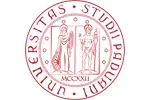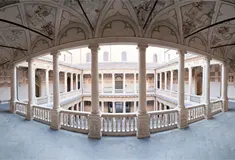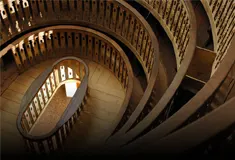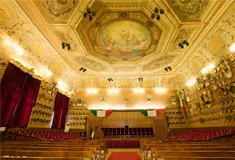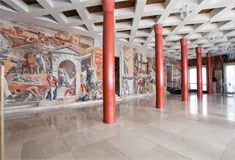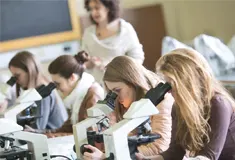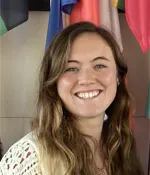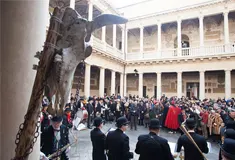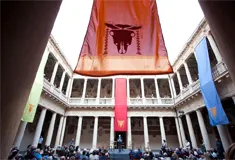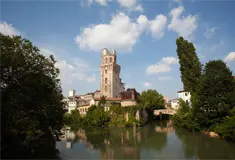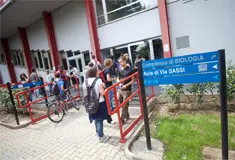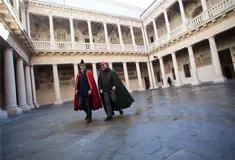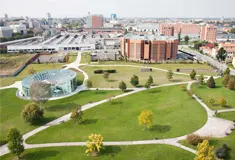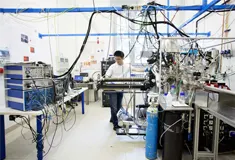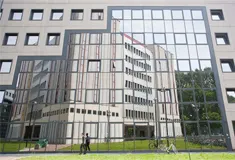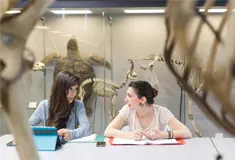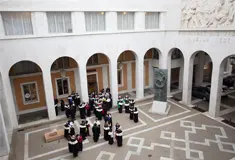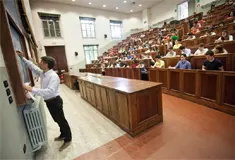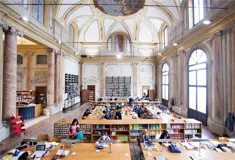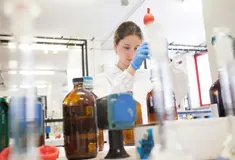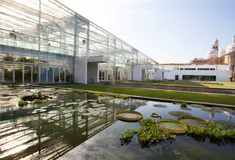About Environmental Sustainability and Education, MSc - at University of Padua
The Master’s degree programme offers a comprehensive view of the environment, key to modern naturalists, by combining theoretical knowledge with high-level scientific and practical training. Students will acquire advanced skills in the system analysis of the natural environment in a changing climate and will learn how to master the scientific method for research in natural sciences, the modern tools for environmental monitoring (e.g. remote sensing), data acquisition and statistical data analysis and storage, the principles and techniques of geological, floristic and faunistic investigation, and the methods for environmental impact assessments.
This advanced course will provide you with an in-depth theoretical preparation in the systemic analysis of the natural environment in all its biotic, abiotic components and their interactions, in addition to mastering the scientific method of investigation and an in-depth knowledge of modern detection equipment, statistical and IT techniques of data analysis and archiving. The learning path of analysis and management of the natural environment is mainly dedicated to those who want to carry out an activity in the environmental sectors at research institutes or management and protection of the environment or carry out a professional activity, also as freelancer;, on the other hand, the path of scientific dissemination and naturalistic training will allow you to deal with scientific communication (scientific journalists, park or museum curators) or training at educational institutions.
Characteristics and objectives
The course offers as an ideal continuation of the first level courses of the class 'Science and technology for the environment and nature', by completing the naturalistic training. It provides the student with: i) advanced skills in the system analysis of the natural environment, in all its biotic and abiotic components, and their interactions; ii) a mastery of the scientific method, complemented by specific knowledge for conducting scientific research in the field of natural sciences; iii) a thorough knowledge of the modern instrumentation for data acquisition and statistical and computer techniques for data analysis and storage; iv) principles and techniques of geological, floristic and fauna investigation, methods for setting up environmental impact assessments and techniques of remote sensing and geomorphological survey.
The student also acquires principles of modern naturalistic museology and the fundamental concepts of modern teaching of natural sciences. All this is in combination with a high level scientific and practical preparation.
Programme structure
1st Year: Applied Statistics for Natural Sciences, Environmental Biogeography, Applied Ecology and Ecosystem services, Past Climate and Climate Change, Georesources and Geoheritage in the Anthropocene, Ethics and Environmental Economics
2nd Year: Development, Adaptability and Resilience, Methods for Wildlife Monitoring, Remote Sensing of Environment, Conservation, Restoration and Remediation, Environmental Assessment and Evaluation
Occupational opportunities
Life science specialists, biologists, botanists and zoologists can i) carry out natural resource census activities, ii) design and implement monitoring plans, impact assessment, recovery and management of natural or semi-natural environments, iii) draft thematic charts (either, biological or abiological), iv) organize and direct of scientific museums, aquaria, botanical gardens and natural parks, v) perform activities related to naturalistic and environmental education, such as the realization of educational materials - including multimedia support - for schools, universities, museums, parks, aquaria and botanical gardens, the design and management of naturalistic itineraries, the dissemination of environmental and naturalistic knowledge.
Apply now!
Learn more about Environmental Sustainability and Education, MSc - at University of Padua
Visit course webpage 

